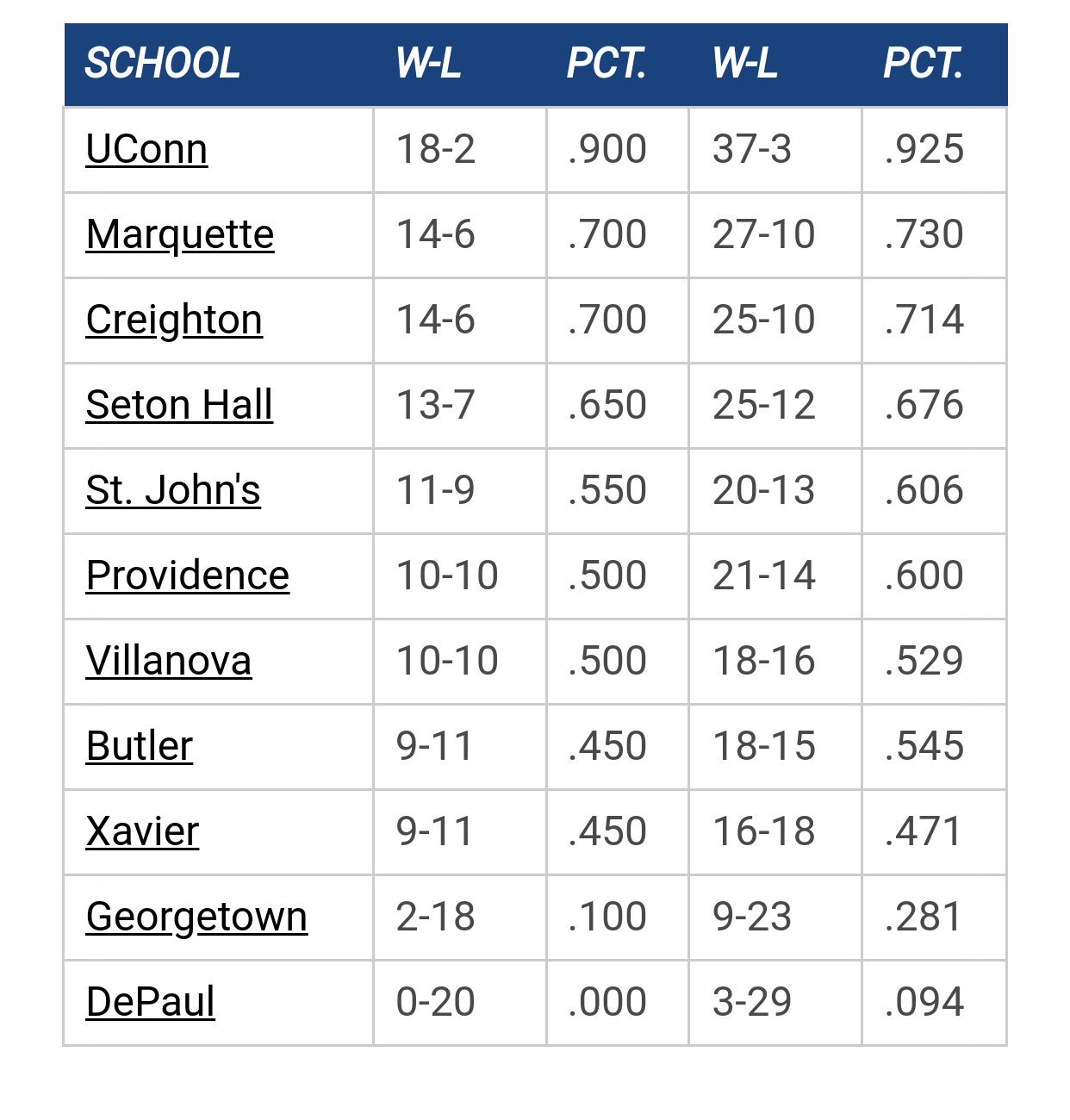- Welcome to MUScoop.
Is there reason to believe MU will be better in '26-27? by Warrior of Law
[Today at 08:50:15 PM]
The Nigel James Conundrum by Spaniel with a Short Tail
[Today at 08:49:21 PM]
The Depaul Roadtrip! by Viper
[Today at 08:05:21 PM]
157 minutes by Biggie Clausen
[Today at 08:01:06 PM]
2025-26 Big East Thread by Billy Hoyle
[Today at 08:00:16 PM]
PassTheScoreAct.com by tower912
[Today at 07:22:05 PM]
Nigel James - Next Season by Jay Bee
[Today at 07:04:16 PM]
[Today at 08:50:15 PM]
The Nigel James Conundrum by Spaniel with a Short Tail
[Today at 08:49:21 PM]
The Depaul Roadtrip! by Viper
[Today at 08:05:21 PM]
157 minutes by Biggie Clausen
[Today at 08:01:06 PM]
2025-26 Big East Thread by Billy Hoyle
[Today at 08:00:16 PM]
PassTheScoreAct.com by tower912
[Today at 07:22:05 PM]
Nigel James - Next Season by Jay Bee
[Today at 07:04:16 PM]
The absolute only thing required for this FREE registration is a valid e-mail address. We keep all your information confidential and will NEVER give or sell it to anyone else.
Login to get rid of this box (and ads) , or signup NOW!
DePaul Date/Time: Jan 17, 2026, 7:30pm TV: FS1 Schedule for 2025-26 |
||||||
User actions


